In a proposal to Sri Lanka's government, the United Nations Development Programme (UNDP) has suggested debt-for-nature swaps as part of the sovereign’s broader debt restructuring plan.
This is in parallel with Sri Lanka's negotiations with the International Monetary Fund and other multilateral development partners for financing support. If effectively implemented, debt-for-nature swaps have the potential to provide long-term credit benefits by offering debt relief while increasing investments that could bolster Sri Lanka's resilience to environmental risks, rating agency Moodys said in a statement on Thursday.
In the near term, to the extent that they involve a loss for private sector creditors, they could constitute an event of default for Sri Lanka.
Under the UNDP proposal, the debt-for-nature swap would allow a portion of the government’s large debt burden to be forgiven in exchange for the implementation of environmental policies or funding of conservation programs.
The transaction would be likely to involve bilateral creditors and environment-related nongovernmental organisations as potential partners. Such a transaction could constitute a default under our definition and would be captured by our ratings based on our assessment of expected losses for private sector creditors, Moody’s said.
“If private sector creditors were involved, we would consider the extent of losses for them. For Sri Lanka, we already assume substantial losses for private sector creditors in line with the global average for defaulting sovereigns after the government's recent decision to suspend the repayment of external public debt,” the statement said.
Meanwhile the UN has asked Sri Lanka to introduce a temporary basic income and negotiate “debt-for-nature” swaps tied to environmental conservation as part of measures to mitigate the country’s economic meltdown, as Colombo begins talks with the IMF, according to foreign newspaper reports.
The UN Development Programme made the proposals in a document submitted to President Gotabaya Rajapaksa’s government, the reports said.
The UN body has asked Sri Lanka to pursue swaps and short-term financing from countries including India, China and Bangladesh to alleviate economic pain ahead of IMF assistance.
Among the UNDP’s requests is that the government introduce a temporary basic income, which would take the form of an unconditional cash transfer to working-age Sri Lankans for a period of about six to nine months. Similar programmes have been implemented in Kenya and the US state of Alaska.
You can share this post!
Content
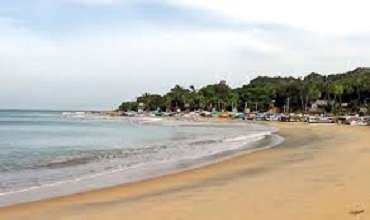
A Thai woman walking topless in Arugam Bay town has been arrested by the Police.
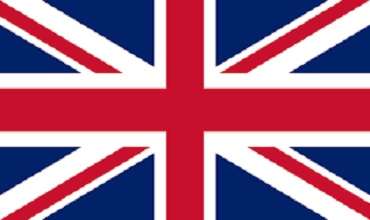
The UK government has unveiled a package of reforms to simplify imports from developing countries which allows for more garments manufactured in Sri Lanka to enter the UK tariff-free.
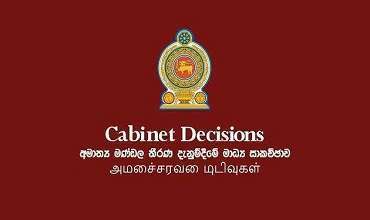
Cabinet has approved the appointment of Commodore (retired) M.B.N.A. Premaratne of the Sri Lanka Navy, as the new Commissioner General of Excise.
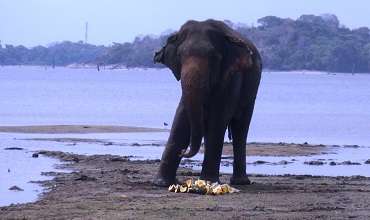
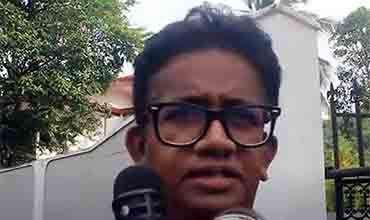
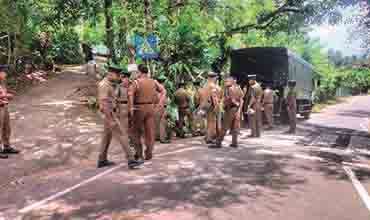




Leave Comments